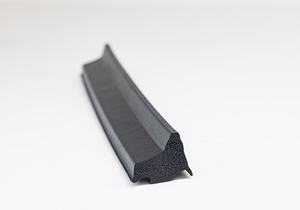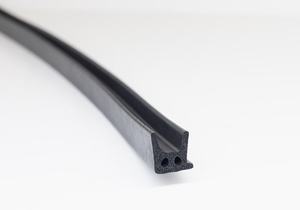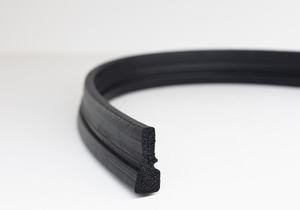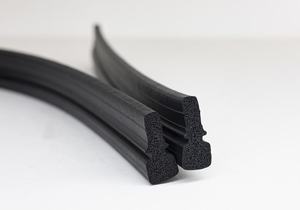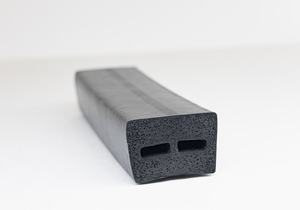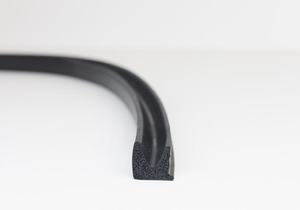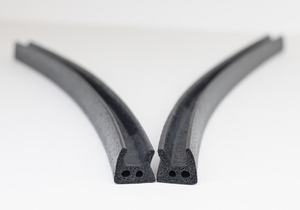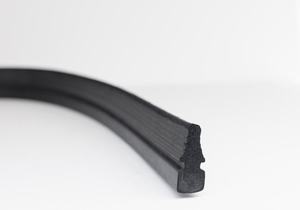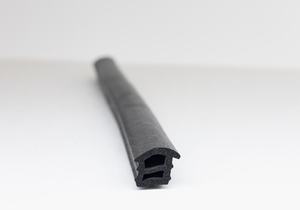Industrial seals are critical components used in various mechanical systems to prevent leakage, contamination, and the ingress of foreign particles. These seals play a vital role in maintaining the efficiency, reliability, and longevity of machinery operating in demanding environments across numerous industries, including automotive, aerospace, oil and gas, manufacturing, and marine.
These seals are designed to create a barrier between different components of a system, such as between rotating and stationary parts, or between two moving parts. They come in a wide range of shapes, sizes, and materials, tailored to specific applications and operating conditions.
One of the primary functions of industrial seals is to prevent fluid leakage. Whether it’s hydraulic fluid, lubricants, gases, or chemicals, these seals ensure that the substances contained within a system remain inside, thereby avoiding costly leaks that can lead to equipment damage, environmental contamination, and safety hazards.
Moreover, industrial seals help maintain the cleanliness of a system by preventing the entry of contaminants such as dust, dirt, water, and abrasive particles. By creating a tight barrier, they safeguard sensitive components from wear and tear, corrosion, and other forms of damage that can compromise performance and reliability.
In addition to sealing against fluids and contaminants, industrial seals also contribute to noise reduction and vibration damping in machinery. By providing a cushioning effect and minimizing friction between moving parts, they help reduce noise levels and extend the lifespan of components subjected to repetitive motion and mechanical stress.
The materials used in industrial seals vary depending on the application requirements, operating conditions, and compatibility with the substances being sealed. Common materials include rubber (such as nitrile, silicone, and Viton), elastomers, plastics, metals (such as stainless steel), and composite materials. Each material offers specific advantages in terms of durability, flexibility, temperature resistance, chemical compatibility, and cost-effectiveness.
Industrial seals are subject to rigorous testing and quality control measures to ensure they meet the stringent performance standards demanded by modern industrial applications. Manufacturers employ advanced technologies and engineering principles to design seals that can withstand extreme temperatures, pressures, speeds, and environmental conditions while maintaining their integrity over extended periods of use.
In summary, industrial gaskets are essential components in mechanical systems, providing reliable sealing solutions to prevent leakage, contamination, and wear. Their role in enhancing the performance, efficiency, and safety of machinery across various industries underscores their significance in modern manufacturing and engineering processes.
